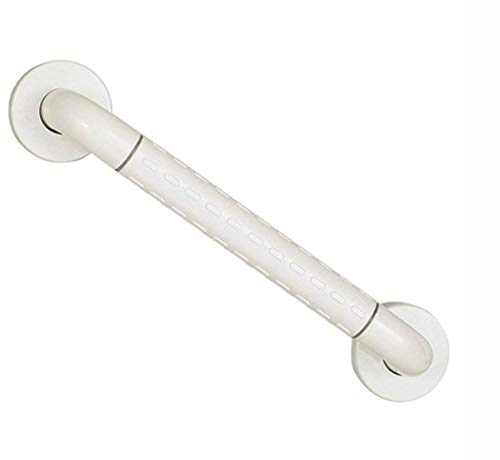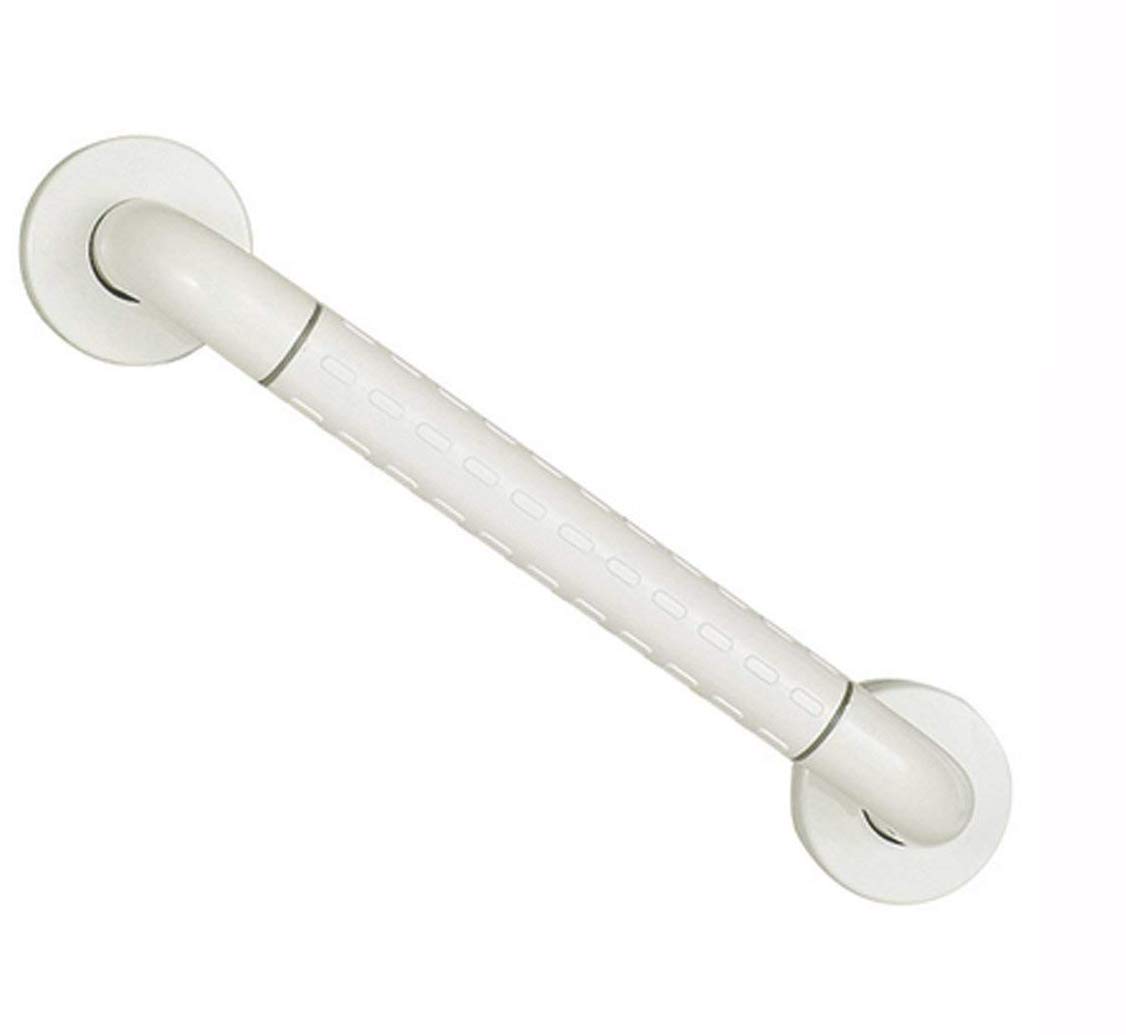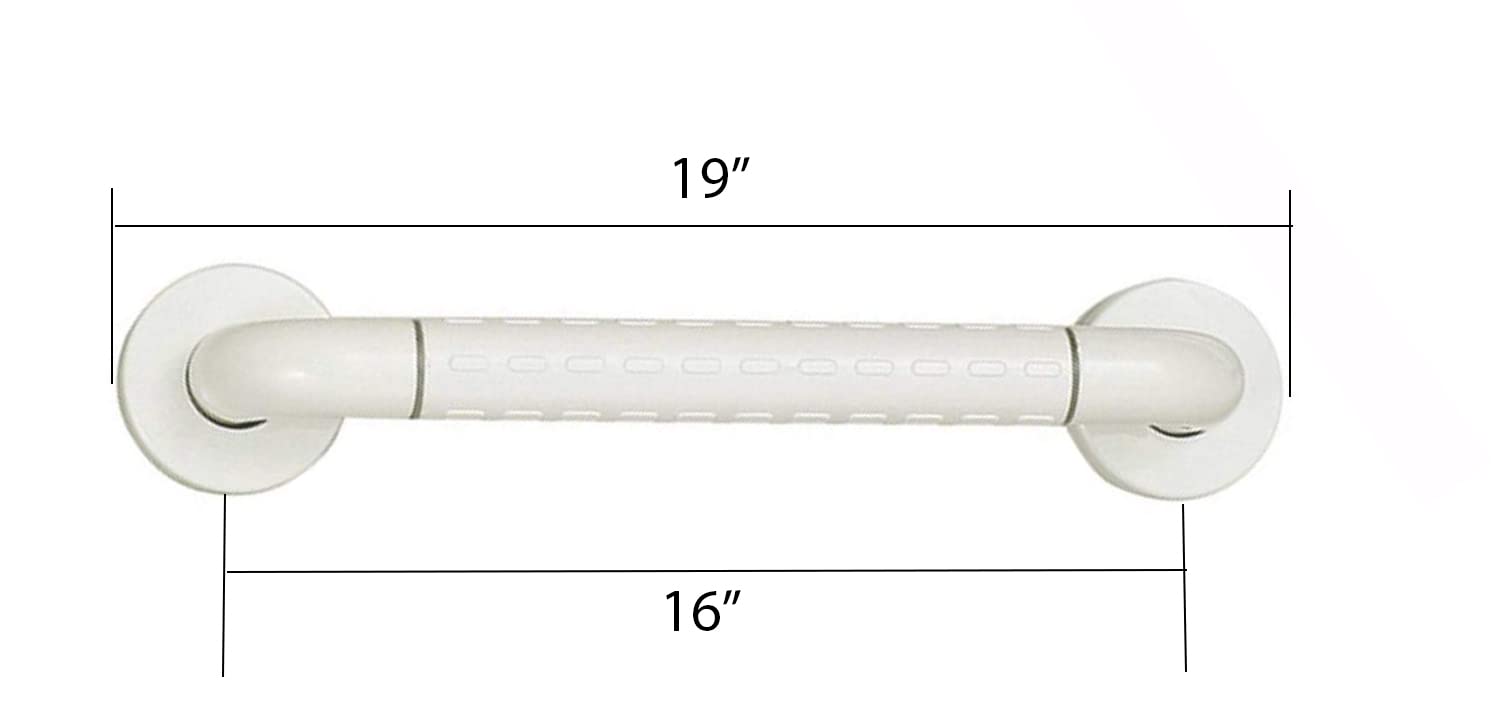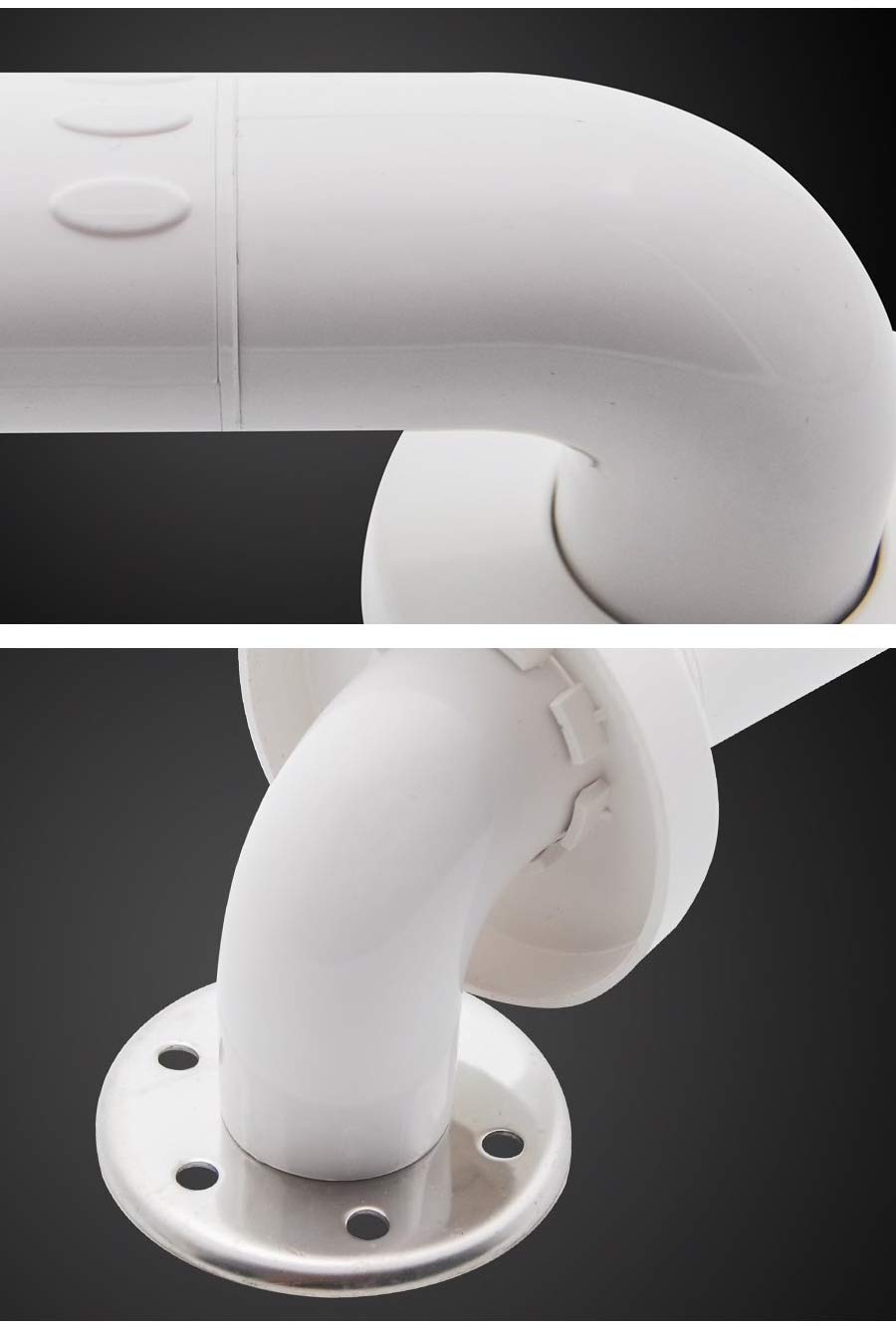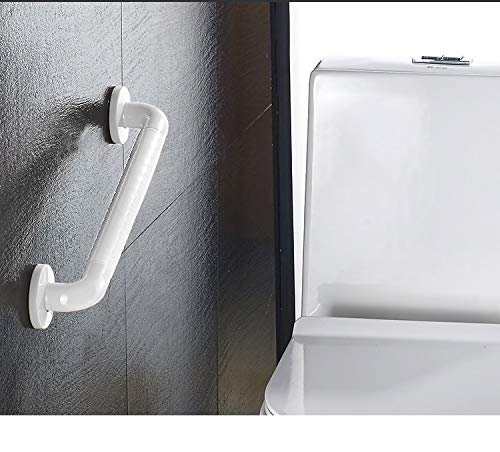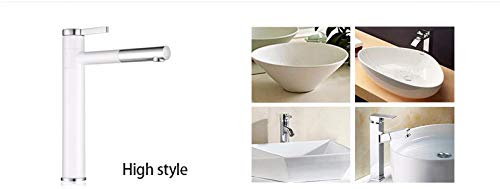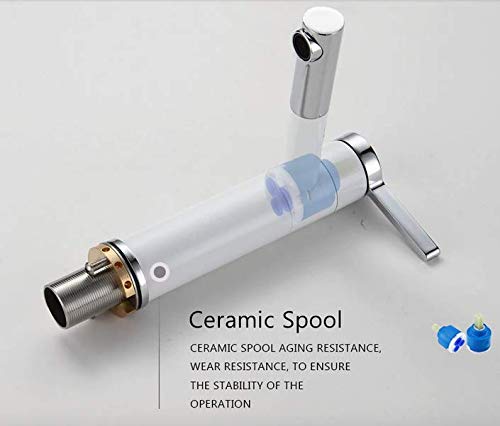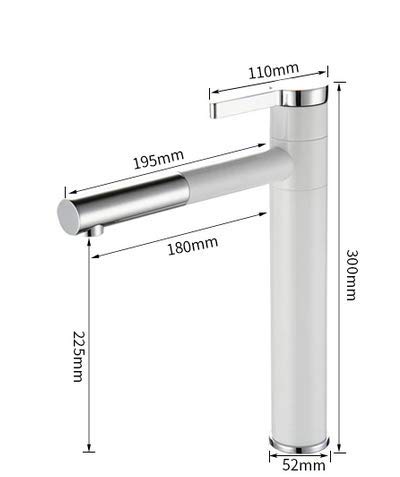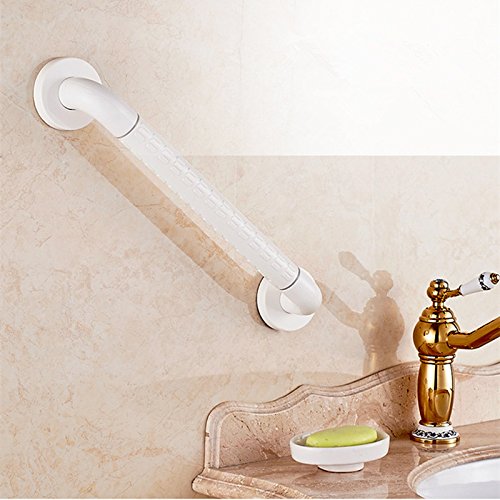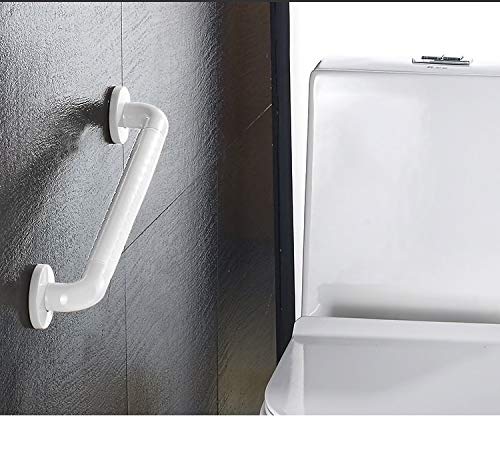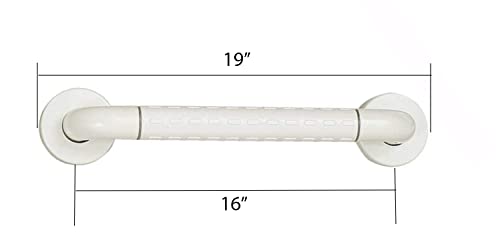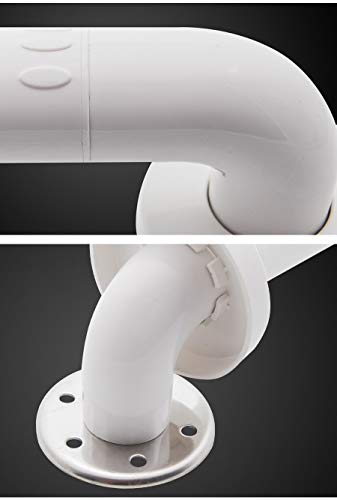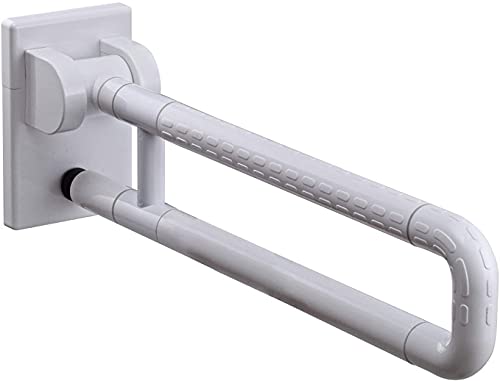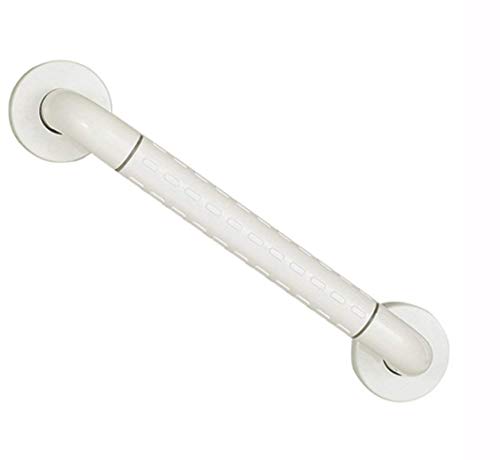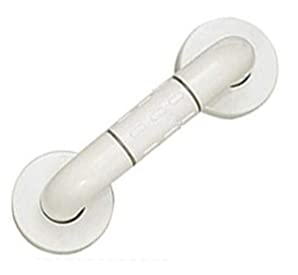Aquieen Material: Typically made of stainless steel, aluminum, or other durable, rust-resistant materials to withstand moisture and provide a sturdy grip.
Design: Comes in various shapes and sizes such as straight, curved, or angled bars to suit different areas of the bathroom. Common lengths range from 12 to 42 inches.
Finish: Often have a polished or matte finish, and some may come with a textured or slip-resistant grip for added safety.
Mounting: Usually secured to the wall with screws and mounting hardware, ensuring the bar is stable and capable of supporting weight. Proper installation into wall studs is essential for safety.
Weight Capacity: Designed to support significant weight, typically around 250-500 pounds, but you should always check the specific manufacturer's specifications.
Placement: Commonly placed near the toilet for assistance with sitting and standing, inside the shower or bathtub for support when entering, exiting, or standing in the shower, and sometimes near the sink.
Compliance: Often designed to comply with accessibility standards, such as ADA (Americans with Disabilities Act) guidelines, to ensure they meet the needs of individuals with disabilities.
Overall, bathroom grab bars provide a reliable support system that enhances safety and accessibility in the bathroom, reducing the risk of slips and falls.


